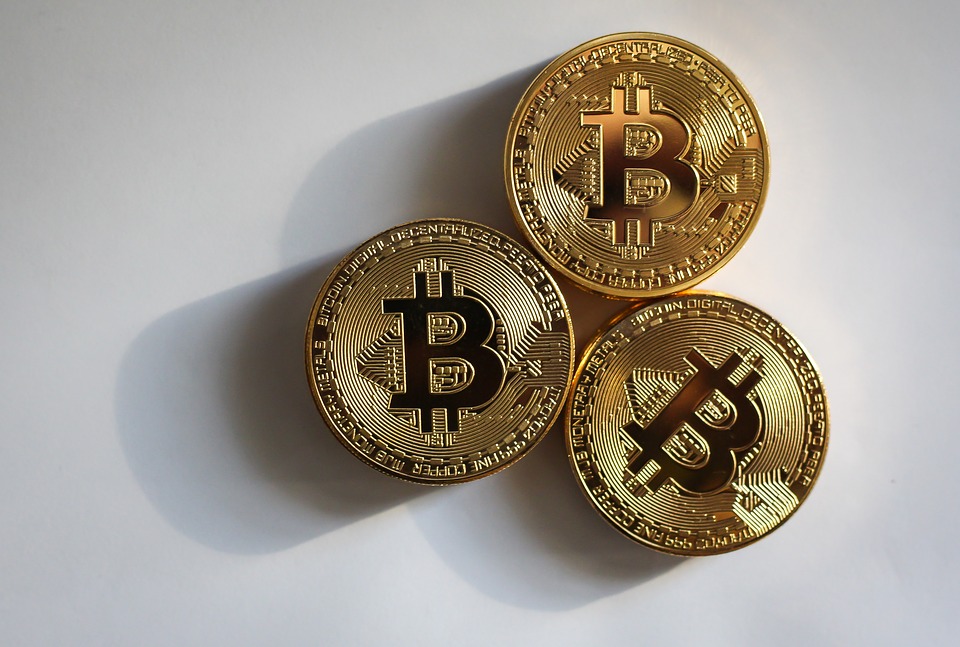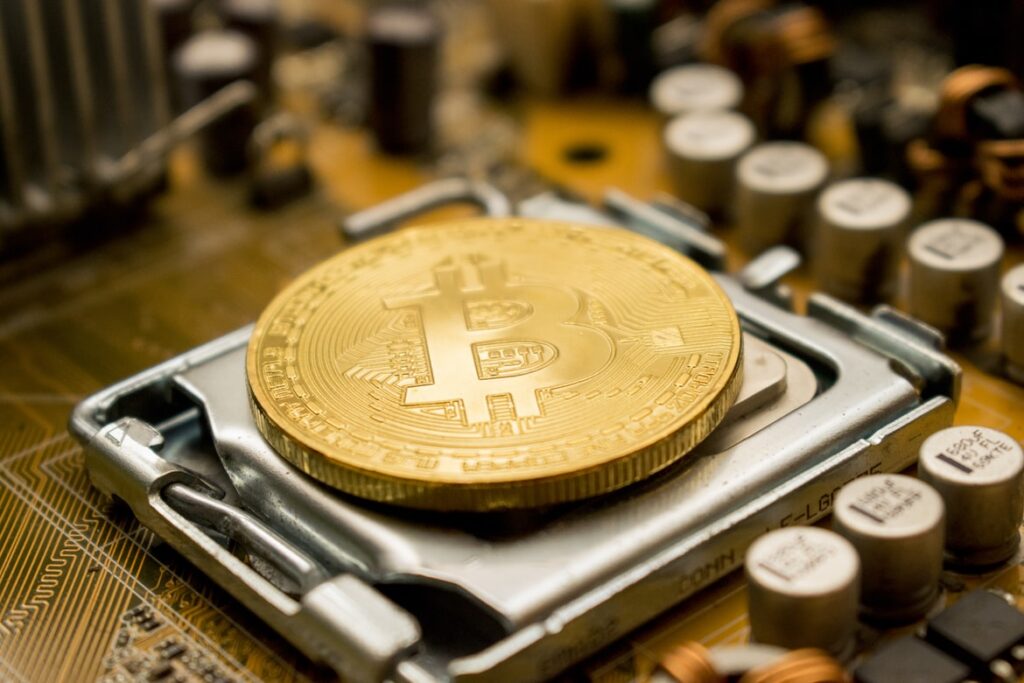For people who are new to bitcoin trading, it might come as a scare when your bitcoin transaction does not get confirmed instantly or even after an hour. But there is no need to worry. A typical bitcoin transaction can take from a minute to several hours. There are numerous reasons behind this vast difference. Before we can get on with the answer to this question, let’s take some time to understand bitcoin’s working and transactions.
What is Bitcoin?
As you might already know, bitcoin is the oldest and most prominent type of cryptocurrency. Invented by Satoshi Nakamoto, a pseudonym for the developer or a group of developers, in 2009, bitcoin became popular in the past few years. The vision behind developing bitcoin was to replace cash as the mainstream source of exchange. Bitcoin is a decentralized currency. Blockchain, a digital ledger, stores all the transactions happening on the bitcoin network. One can use bitcoins to buy, and sell goods and services.
How Does Bitcoin Work?
As mentioned above, the technologies that made bitcoin possible are cryptography and blockchains. The transactions that take place on the P2P network are encrypted, and only public and private keys have access to them. They are verified through mining. Miners utilize GPUs and ASICs to solve complex mathematical puzzles for verifying transactions and earning cryptocurrency as rewards. If you are a newcomer in the bitcoin world, visit this site.

Img source: pixabay.com
What is a Bitcoin Transaction?
The working of a transaction is straightforward. They are nothing but electronic encrypted messages transmitted over the network. The public and private keys are required to verify bitcoin’s history. The public key is freely available to everyone for sharing coins. The private key is used to authorize the transactions. There are essentially three sections-
- The address used for accessing bitcoin’s whole history.
- The total quantity of bitcoins in the transaction.
- The recipient’s public key is often known as his or her address.
The bitcoin ledger records the transactions.
Working of a Bitcoin Transaction
To begin a transaction, the owner must use their private key and know the address to which the bitcoins are to be transferred. The transaction will be encoded with the details of the previous owner, the amount, and the address of the recipient. This information is communicated to the network to notify miners that a transaction is ready to be processed. In simple words, the process is as follows-
The sender has to add the recipient’s address and the number of coins to be transferred to make the payment. The transaction details are then broadcasted to the computers called miners. Miners solve complex hash functions for verification. This consumes a lot of energy, and the miner that solves the puzzle first gets coins as a reward. A block is created every 10 minutes. Once the transaction gets added to the block and the block is added to the blockchain, the transfer is finished.

Img source: pixabay.com
About Bitcoin Wallet
Bitcoin wallet is the digital wallet used to store your bitcoins. It is much like the physical wallet you normally carry to keep your cash or cards. The bitcoin wallet has access to all the addresses and the transaction details in your account. Every wallet has a private key that gives the user authority over that wallet and the bitcoins it holds. If your private key gets stolen, the thief can transfer them to their own. So your key must remain private and secure.
A bitcoin wallet can hold other types of cryptocurrencies, such as Ethereum and XRP, as well. There are mainly four types of bitcoin wallets, with hardware wallets being the safest.
How Long Does It Take to Transfer Bitcoins Between Wallets?
Depending on multiple factors, bitcoins transfer between wallets can take anywhere between a minute to 24 hours. There has been an instance where the transfer took 48 hours. The factors include how busy the network is and the fee you pay.
The bitcoin network cannot process an infinite number of transactions in a day. The higher the number of transactions, the more time is needed to process. Only a block of 1MB can be added to the blockchain. So the number of transactions added to a block is also limited. The processing time also depends on the fees you have paid.
In an ideal situation, where all these factors do not come to play, only 10 minutes are required to process the transfer, as the miner takes 10 minutes to verify the transaction.

Img source: unsplash.com
Factors Affecting the Transfer Time
There are a variety of factors that affect the time to transfer bitcoins between wallets.
Transaction Fee
The fees you pay on the transaction affect the time of the processing time. This fee is given to the miners for their efforts. If you pay a higher transaction fee, the miners will be more inclined to prioritize your transaction over other low-paying ones in the block. A low-paying transaction will take much longer to get confirmed.
Size of the Block
The blockchain network of bitcoin has a fixed block size. The maximum size of a block should be 1MB. Therefore, each block can only contain a limited number of transactions. Only a completely made and verified block is made public on the blockchain. This also affects the transfer time.
Traffic on the Network
The traffic on the bitcoin network is directly related to the transaction speed. If the network is congested and has a huge number of transactions to process, the confirmation will take more time. If the traffic is low, the confirmation time will also be less.

img source: unsplash.com
Final Words
When you transfer bitcoins, you expect to receive the confirmation instantly, like with other digital payment methods. Bitcoin is way different than the traditional digital payment methods we use. One example is there is no centralized regulatory authority overseeing bitcoin transactions. There is a lot of uncertainty attached to bitcoins and the process. However, you now know that, on average, it takes only 10-20 minutes to complete a transaction, though this may differ. Paying more transaction fees is one way to increase speed. Even if you do not choose this route, your transaction will be confirmed sooner or later.



